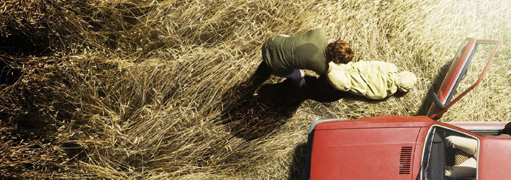Film Review: Chilling Germanic Crime Thriller The Silence Demonstrates How History (And Death) Repeats Itself
Chilling Germanic Crime Thriller Demonstrates How History (And Death) Repeats Itself


Latest Article|September 3, 2020|Free
::Making Grown Men Cry Since 1992

